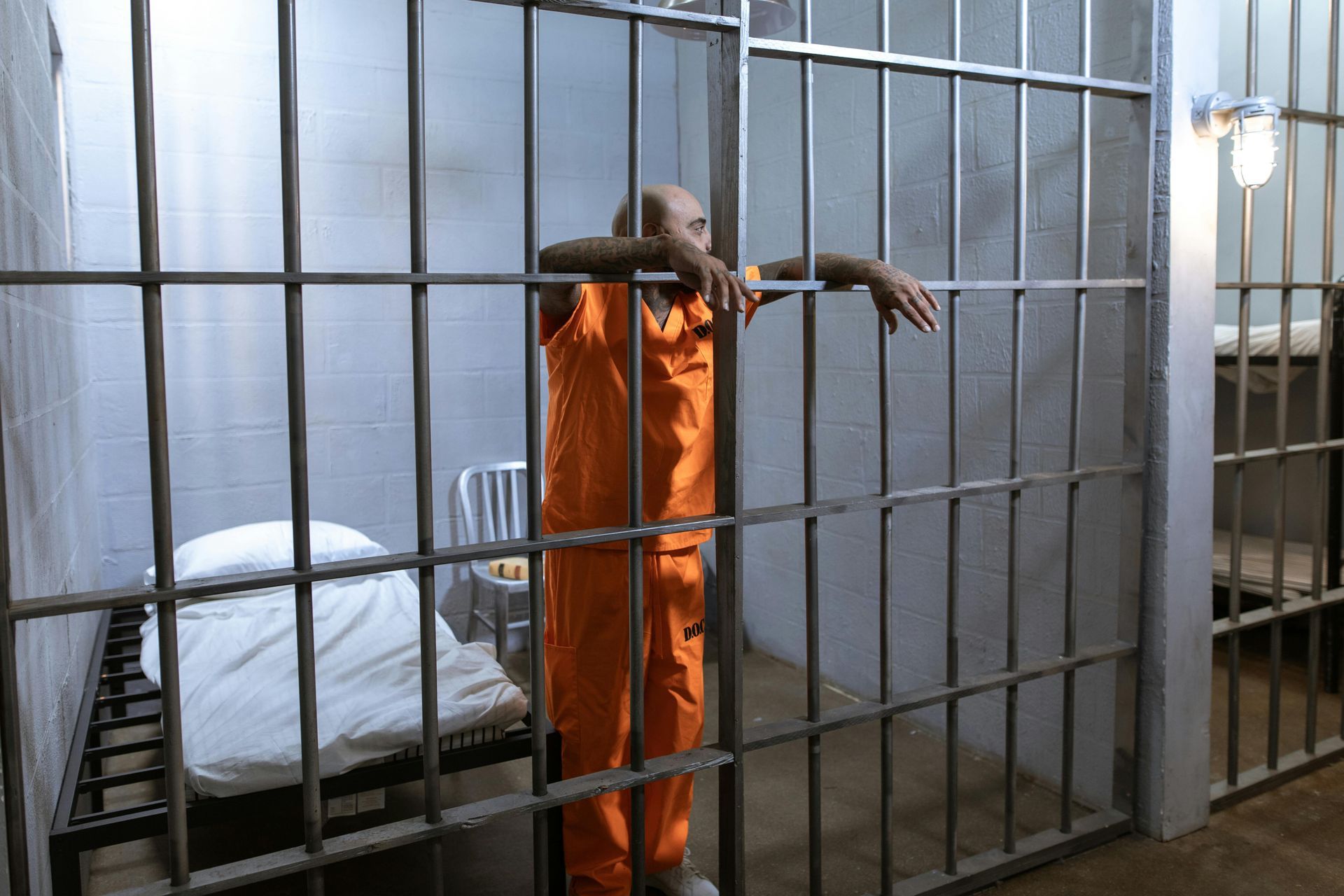Can You Refuse a Breathalyzer Test in California?
Can You Refuse a Breathalyzer Test in California?
When stopped under suspicion of driving under the influence (DUI) in California, many drivers wonder if they can refuse a breathalyzer test. While it is technically possible to refuse, doing so comes with significant legal consequences due to California’s implied consent law.
Understanding Implied Consent in California
California law states that by driving on public roads, you have already given implied consent to chemical testing if lawfully arrested for DUI. This means that while you can refuse a preliminary alcohol screening (PAS) test before an arrest (unless you are under 21 or on DUI probation), refusing a post-arrest breath or blood test carries automatic penalties.
Consequences of Refusing a Breathalyzer
Refusing a breathalyzer test after an arrest can lead to:
- License Suspension – A first-time refusal results in a one-year license suspension. Subsequent refusals can lead to longer suspensions.
- Increased Penalties – If convicted of DUI, refusal can result in harsher penalties, including longer jail time and higher fines.
- Use as Evidence – Prosecutors can argue that refusal indicates consciousness of guilt, making a conviction more likely.
What to Do If You Are Stopped for DUI
If you are pulled over and suspected of DUI, remain calm and:
- Comply with lawful requests, but remember you do not have to answer incriminating questions.
- If not under arrest, you may legally refuse a PAS test unless you are under 21 or on DUI probation.
- After an arrest, refusing a breath test can lead to automatic license suspension and additional legal consequences.
At Email My Lawyer, we provide legal assistance to the San Diego public in DUI cases. If you have refused a breathalyzer or are facing DUI charges, contact us to understand your legal options and build a strong defense.










